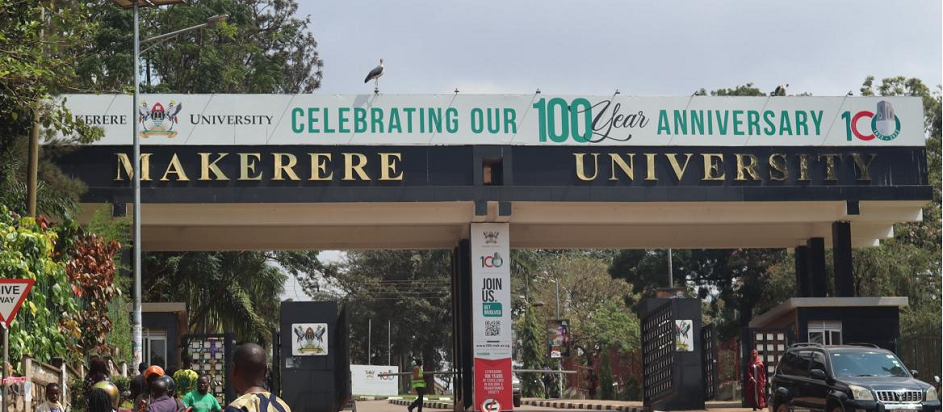Uganda’s President Yoweri Museveni has unexpectedly cancelled his planned visit to Rwanda where leaders are due to sign an Africa-wide free trade deal – known as the African Continental Free Trade Area Treaty.
This comes a day after Nigeria’s President Muhammadu Buhari also opted out of the Kigali conference, saying he wanted further domestic consultation on the continental deal that would remove trade barriers and eventually allow free movement.
It remains unclear why President Museveni decided to cancel the trip.
But commentators say Mr Museveni’s move suggests deteriorating relations between Kigali and Kampala.
Rwanda accuses Uganda of illegally detaining its citizens and helping groups fighting its government, while Kampala accuses some Rwandans of espionage.
Meanwhile, Nigeria has also pulled out of signing a continental trade deal just days before it is due to be launched in the Rwandan capital, Kigali.
The African Continental Free Trade Area Treaty would remove trade barriers and eventually allow free movement, creating a common market across the continent – much like the European Union.
But Nigerian labour unions have complained that it was bad for the economy and would lead to job losses.
Nigeria, along with South Africa and Angola, has one of the continent’s largest economies, the World Bank says. It also has the biggest population.
President Muhammadu Buhari’s decision to pull out at the last minute is a setback for the pan-African trade treaty.
A statement said he had cancelled his trip to Rwanda to allow for consultations within Nigeria.
With elections less than a year away, our Africa Editor Will Ross says that the government will want to avoid a row with Nigeria’s labour unions and some business leaders who say the African Continental Free Trade Area Treaty will lead to job losses.
The treaty will liberalise trade in goods and services and aims to end the reliance on the export of unrefined minerals.
Dr Nazifi Darma, an economic analyst from the University of Abuja, told BBC Newsday that “free trade is an idea that is long overdue” but he fears that global companies could take advantage of the treaty:





